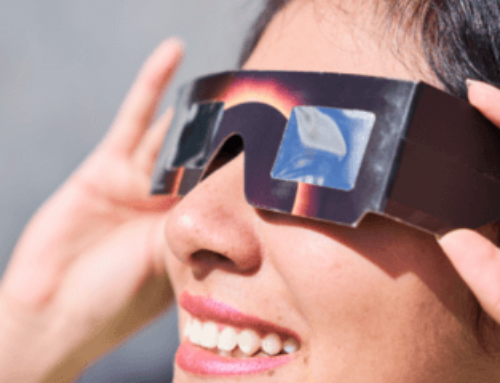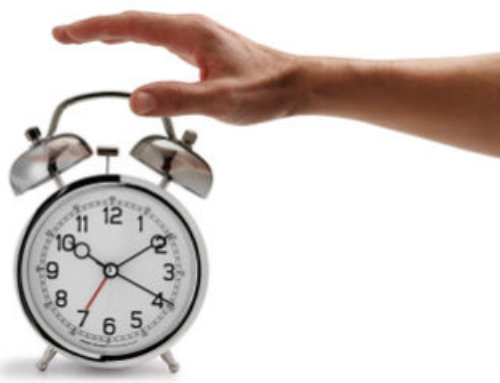Embargoed for Release: Feb. 1, 2010, 12:01 a.m.
WESTCHESTER, Ill. — A study in the Feb. 1 issue of the journal SLEEP suggests that healthy older adults without sleep disorders can expect to have a reduced "sleep need" and to be less sleepy during the day than healthy young adults.
Results show that during a night of eight hours in bed, total sleep time decreased significantly and progressively with age. Older adults slept about 20 minutes less than middle-aged adults, who slept 23 minutes less than young adults. The number of awakenings and the amount of time spent awake after initial sleep onset increased significantly with age, and the amount of time spent in deep, slow-wave sleep decreased across age groups. Yet even with these decreases in sleep time, intensity and continuity, older adults displayed less subjective and objective daytime sleep propensity than younger adults.
Furthermore, two additional nights involving experimental disruption of slow-wave sleep led to a similar response in all age groups. Daytime sleep propensity increased, and slow-wave sleep rebounded during a night of recovery sleep. According to the authors, this suggests that the lack of increased daytime sleepiness in the presence of an age-related deterioration in sleep quality cannot be attributed to unresponsiveness to variations in homeostatic sleep pressure. Instead, healthy aging appears to be associated with reductions in the sleep duration and depth required to maintain daytime alertness.
"Our findings reaffirm the theory that it is not normal for older people to be sleepy during the daytime," said principal investigator Derk-Jan Dijk, PhD, professor of sleep and physiology at the University of Surrey in the U.K. "Whether you are young or new, if you are sleepy during the day you either don’t get enough sleep or you may suffer from a sleep disorder."
The study was conducted at the Clinical Research Centre of the University of Surrey and involved 110 healthy adults without sleep disorders or sleep complaints; 44 were young (20 to 30 years), 35 were middle-aged (40 to 55 years) and 31 were older adults (66 to 83 years). After an eight-hour baseline sleep test, subjects were randomized to two nights with or without selective slow-wave sleep disruption by acoustic stimuli, followed by one recovery night. Nighttime sleep was evaluated by polysomnography, while sleep propensity was assessed using the Multiple Sleep Latency Test (MSLT) and the Karolinska Sleepiness Scale.
During the baseline night, mean objective total sleep time decreased from 433.5 minutes for young adults to 409.9 minutes for middle-aged adults and 390.4 minutes for older adults. Average minutes of slow-wave sleep decreased from 118.4 minutes for young adults to 85.3 minutes for middle-aged adults and 84.2 minutes for older adults. Mean number of minutes spent awake after initial sleep onset increased from 21 for young adults to 49.9 for middle-aged adults and 70.7 for older adults.
Objective daytime sleepiness measured by the MSLT decreased with age. When asked to lie in a comfortable position on the bed and try to fall asleep, young adults fell asleep in an average of 8.7 minutes, compared with 11.7 minutes for middle-aged adults and 14.2 minutes for older adults.
The authors noted that the cause of the age-related reductions in slow-wave sleep and sleep need still must be established. Related factors could include alterations in reproductive hormones or changes in the brain. They added that the study did not address sleep propensity during the evening hours, when it is possible that older adults may be sleepier than young adults.
According to the authors, the study also has implications for the treatment of insomnia in older adults, who may be unaware of their reduced sleep need. Therefore, sleep restriction, which leads to increased homeostatic sleep pressure, may be a successful behavioral therapy for insomnia in healthy older adults.
SLEEP is the official journal of the APSS, a joint venture of the American Academy of Sleep Medicine and the Sleep Research Society. The APSS publishes original findings in areas pertaining to sleep and circadian rhythms. SLEEP, a peer-reviewed scientific and medical journal, publishes 12 regular issues and 1 issue comprised of the abstracts presented at the SLEEP Meeting of the APSS.
For a copy of the study, "Age-related Reduction in Daytime Sleep Propensity and Nocturnal Slow Wave Sleep," or to arrange an interview with an AASM spokesperson, please contact Kelly Wagner, AASM public relations coordinator, at (708) 492-0930, ext. 9331, or kwagner@aasm.org.
AASM is a professional membership organization dedicated to the advancement of sleep medicine and sleep-related research. As the national accrediting body for sleep disorders centers and laboratories for sleep related breathing disorders, the AASM promotes the highest standards of patient care. The organization serves its members and advances the field of sleep health care by setting the clinical standards for the field of sleep medicine, advocating for recognition, diagnosis and treatment of sleep disorders, educating professionals dedicated to providing optimal sleep health care and fostering the development and application of scientific knowledge.
###








